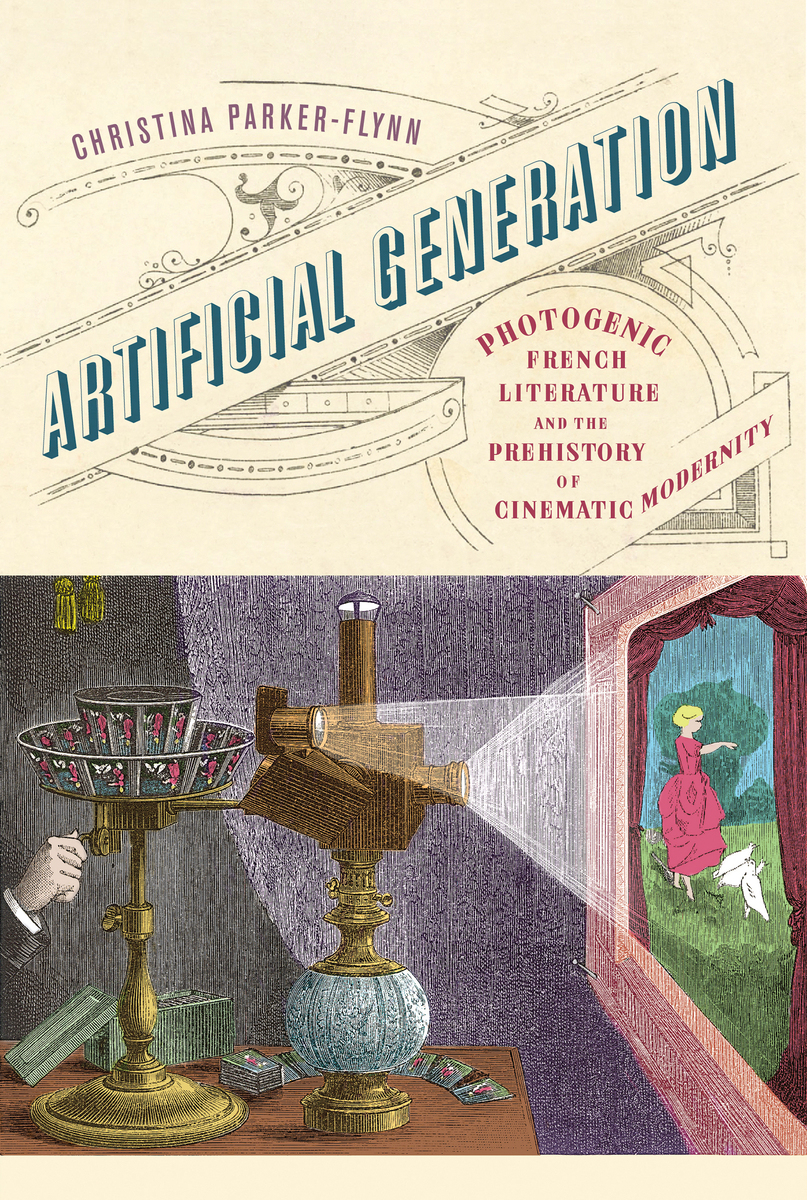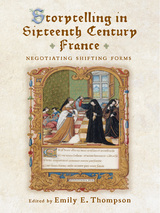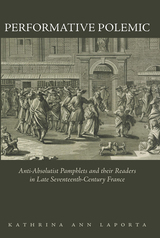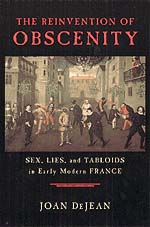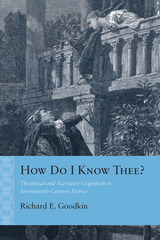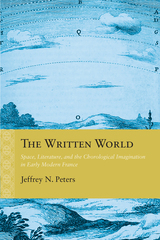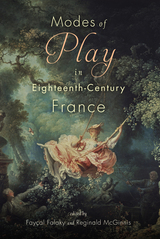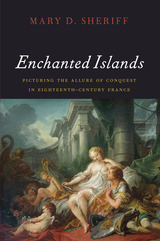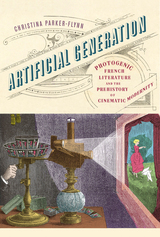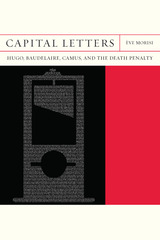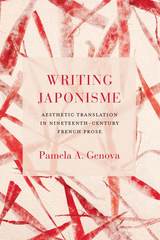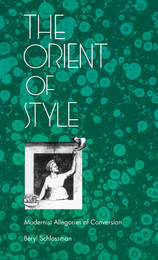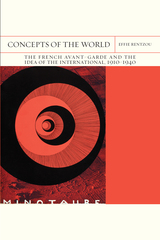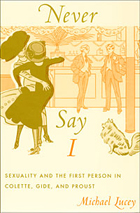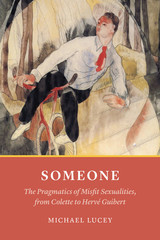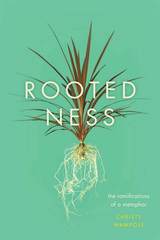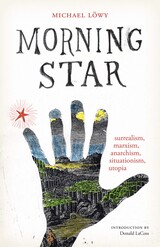Artificial Generation: Photogenic French Literature and the Prehistory of Cinematic Modernity
Rutgers University Press, 2022
Cloth: 978-1-9788-2507-9 | Paper: 978-1-9788-2506-2 | eISBN: 978-1-9788-2508-6 (ePub NK) | eISBN: 978-1-9788-2509-3 (Kindle) | eISBN: 978-1-9788-2510-9 (PDF)
Library of Congress Classification PQ283.P273 2022
Dewey Decimal Classification 840.9007
Cloth: 978-1-9788-2507-9 | Paper: 978-1-9788-2506-2 | eISBN: 978-1-9788-2508-6 (ePub NK) | eISBN: 978-1-9788-2509-3 (Kindle) | eISBN: 978-1-9788-2510-9 (PDF)
Library of Congress Classification PQ283.P273 2022
Dewey Decimal Classification 840.9007
ABOUT THIS BOOK | AUTHOR BIOGRAPHY | REVIEWS | TOC
ABOUT THIS BOOK
Artificial Generation: Photogenic French Literature and the Prehistory of Cinematic Modernity investigates the intersection of film theory and nineteenth-century literature, arguing that the depth of amalgamation that occurred within literary representation during this era aims to replicate an illusion of life and its sensations, in ways directly related to broader transitions into our modern cinematic age. A key part of this evolution in representation relies on the continual re-emergence of the artificial woman as longstanding expression of masculine artistic subjectivity, which, by the later nineteenth century, becomes a photographic and filmic drive. Moving through the beginning of film history, from Georges Méliès and other “silent” filmmakers in the 1890s, into more contemporary movies, including Alfred Hitchcock’s Vertigo (1958) and Blade Runner 2049 (2017), the book analyzes how films are often structured around the prior century’s mythic and literary principles, which now serve as foundation for film as medium—a phantom form for life’s re-presentation. Artificial Generation provides a crucial reassessment of the longstanding, mutual exchange between cinematic and literary reproduction, offering an innovative perspective on the proto-cinematic imperative of simulation within nineteenth-century literary symbolism.
See other books on: Feminist | French literature | Modernism (Art) | Motion pictures and literature | Prehistory
See other titles from Rutgers University Press
